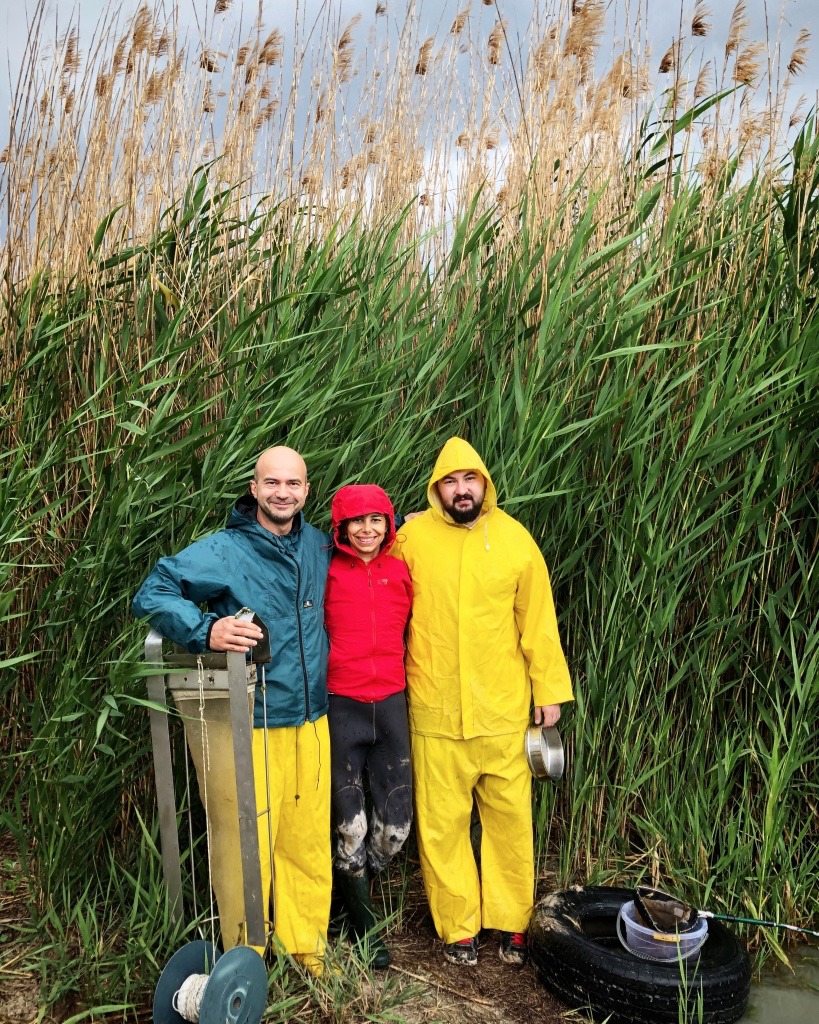Impact of Microplastics on food web structure and functions of shallow freshwater lakes at METU Mesocosm System (2018)
In 2018, we joined the teams lead by Meryem Beklioglu, Boris Jovanovic and Heidrun Feuchtmayr and took part in an experiment at METU that looked into the effects of microplastics on freshwater food webs. We contributed with our expertise on aquatic insects and other macroinvertebrates, the use of emergence traps, and advanced statistical methods to analyse the resulting data.
We were truly excited to get the results published in Science of the Total Environment (Yildiz et al. 2022)!
Funding: EU Aquacosm project - Transnational Access grant
